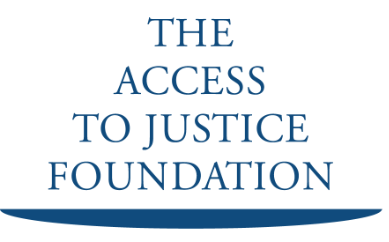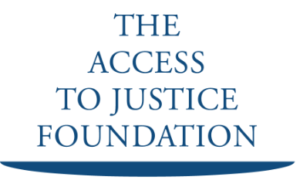The Access to Justice Foundation has announced that from 28 June 2022, the new s194A Legal Services Act 2007 enables UK tribunals to award pro bono costs (mirroring the existing s.194 which provides for pro bono costs in the civil courts of England & Wales).
Pro bono costs are like ordinary legal costs, but where a party had free of charge legal representation by a solicitor, barrister or advocate in Wales, England, Scotland or Northern Ireland.
The practice in the civil courts has been to treat pro bono costs as close as possible to ordinary costs. Accordingly, if ordinary costs would have been awarded in a particular case, the expectation is that the equivalent pro bono costs are awarded.
Why is this important?
Pro bono costs exist to help level the playing field, by ensuring that there are equal adverse costs risks for all parties, even when facing a pro bono assisted party. This can help encourage reasonable litigation conduct and settlement.
Unlike ordinary costs, pro bono costs are by statute payable to the ‘prescribed charity’, the Access to Justice Foundation. Costs recovered are distributed by the Access to Justice Foundation to charities across the UK to support further access to justice.
Where do these changes apply?
In addition to the civil courts of England & Wales, Pro bono costs are now available in proceedings before the:
- First-tier Tribunal
- Upper Tribunal
- Employment Tribunal
- Employment Appeal Tribunal
- Competition Appeal Tribunal
The key condition is that the tribunal would have had the power to award ordinary costs, had the representation been provided on a paid basis. For example, for unreasonable conduct.
The pro bono representation can be for all or part of the case and can even sit alongside paid representation.
How can I help?
If you are a pro bono practitioner, or your agency works with pro bono lawyers, ensure that in correspondence and negotiation with the other side, you/they consider highlighting the ability to obtain pro bono costs where normal costs are available. This may help settle the case, as they also have a costs risk.
Make sure that you are ready to ask for a pro bono costs order when the opportunity arises.
Where costs are awarded, practitioners are advised to inform the Foundation promptly (via costs@atjf.org.uk) sending details and a copy of the order to enable us to ensure costs are recovered promptly.
Where can I find out more?
Further details, including downloadable guides (relevant to both practitioners and advice agencies) and templates are available at: Pro Bono Costs Orders










